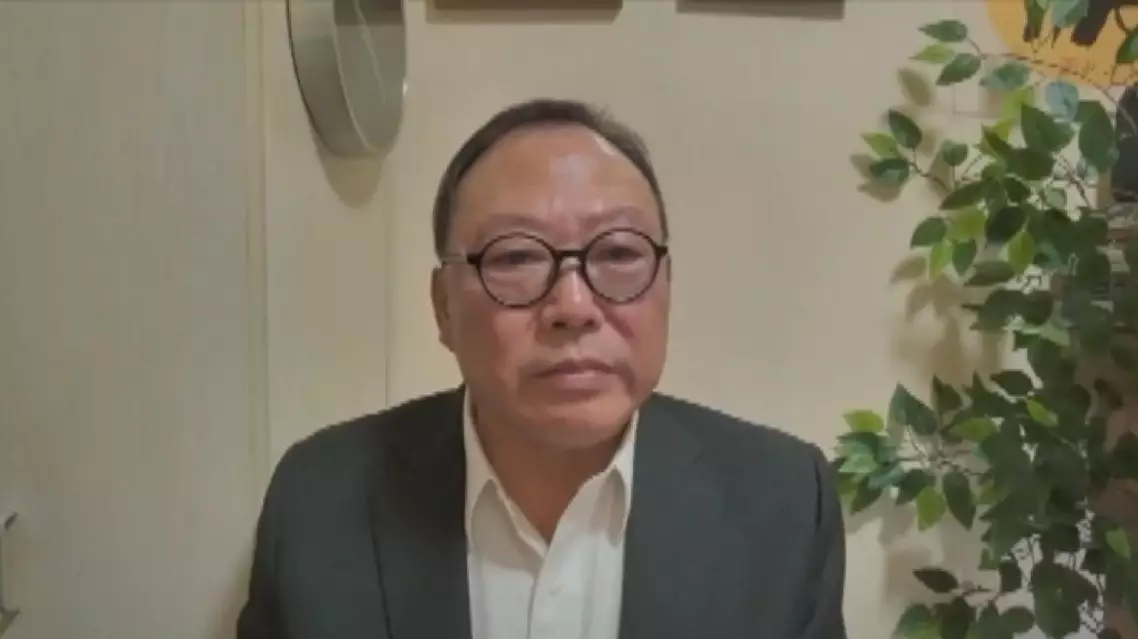The European Union should abandon trade protectionism and return to the right track of resolving trade disputes through consultation, rather than disregard the appeals of all parties, according to Li Yong, a senior fellow at the China Association of International Trade.
The European Commission announced Friday that it passed a vote to impose punitive tariffs on Chinese battery electric vehicles (EVs), sparking criticism from several European countries and auto industries who warn the move could boomerang against the European Union's (EU) competitiveness.
In an interview with China Global Television Network (CGTN), Li criticized the EU's anti-subsidy investigation as a typical example of trade protectionism, highlighting its unfair, non-compliant and unreasonable nature.
"Observing the entire process of the EU's anti-subsidy case, both procedurally and substantively, its grounds are unfair, non-compliant and unreasonable. The investigation, first mentioned in the EU's State of the Union address last September, appears politicized. It was launched not based on reported damages by the auto industry but on speculation, which is a hallmark of trade protectionism," Li said.
Li emphasized China's sincerity in the investigation process, expressing the hope that the EU would abandon its protectionist mindset.
"Throughout the handling of the EU countervailing case, China has demonstrated great sincerity, fully communicating with the industry and showing an open and cooperative attitude and greatest flexibility. However, the final draft ruling is disappointing. The opposition of member states and the concerns of the industry have not been respected. In future negotiations, we hope the EU can abandon its protectionist preconceptions, respect the facts and the demands of all parties, and correct its wrongdoing to return to the right track," Li said.
Despite Friday's vote, China remains open to negotiations to reach an agreement and avoid higher tariffs. Countries like Germany and Hungary have voiced strong opposition to the vote, while car manufacturers, including Mercedes-Benz, have indicated that countervailing duties could impair the industry's long-term competitiveness.
The European Commission -- the executive arm of the 27-nation bloc -- maintains that the EU and China are working hard to explore an alternative solution that would be monitorable, enforceable, and fully compatible with World Trade Organization rules.
China says that its position is consistent and clear, firmly opposing the EU's unfair, illegal and unreasonable protectionist approaches in this case.
Amid the row over the EU's controversial tariffs on Chinese EVs, technical teams from China and the EU will resume talks on October 7.
The China Council for the Promotion of International Trade expressed its firm opposition on Saturday, adding that China and the EU should resolve their differences through dialogue in order to reach a solution that aligns with the interests of both parties.
China's Ministry of Commerce on Friday also expressed strong opposition to the EU's decision, considering it "unfair, non-compliant and unreasonable," while acknowledging the EU's political willingness to continue negotiations.

EU should abandon trade protectionism amid row over controversial tariffs on Chinese EVs: expert









